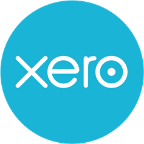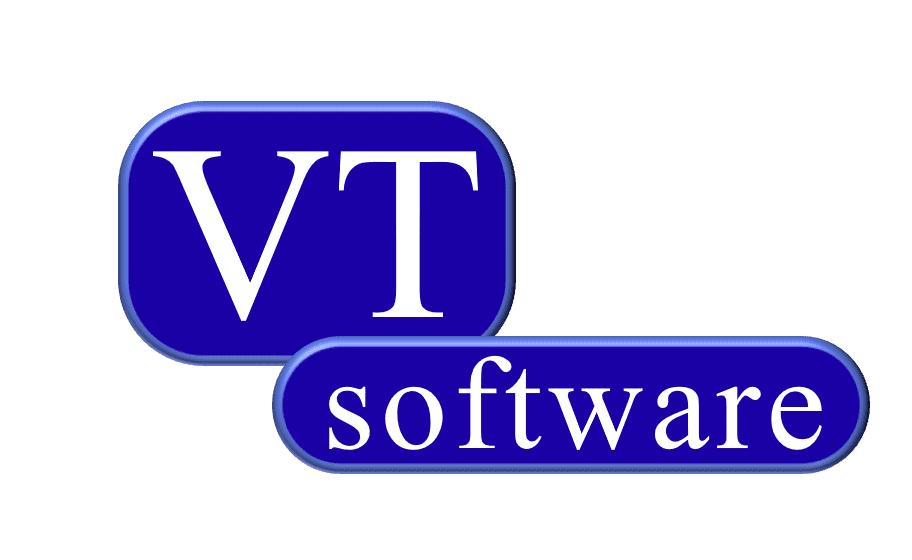As we enter the year 2023, blockchain technology continues to make waves across various industries, including accounting. Blockchain is a decentralized digital ledger that enables secure and transparent transactions without the need for intermediaries. Its ability to facilitate trust and transparency has made it a promising tool for the accounting profession.
One significant advantage of blockchain technology is its ability to streamline and automate accounting processes. With the use of smart contracts, blockchain can automate various financial operations, including invoice processing, payments, and audits. These contracts are self-executing and enforceable, making them reliable and efficient. The automation of these processes can significantly reduce human error and save time and resources for accounting professionals.
Blockchain also provides a more secure and transparent method of recording financial transactions. Its decentralized nature makes it difficult to manipulate or corrupt the data recorded on the blockchain. Additionally, transactions on the blockchain are time-stamped and immutable, meaning they cannot be altered once recorded. This creates an audit trail that can be traced back to the original source, providing transparency and accountability for financial transactions.
Another significant benefit of blockchain technology in accounting is its potential to reduce fraud. Traditional accounting systems are vulnerable to fraud due to their centralized nature, which makes it easy for bad actors to manipulate data. With blockchain, transactions are verified and recorded on multiple nodes on the network, making it difficult for anyone to alter the data. This reduces the risk of fraud and enhances the integrity of financial reporting.
Blockchain technology also enables real-time financial reporting. With the use of smart contracts, financial data can be automatically recorded and updated in real time, providing a more accurate and up-to-date view of financial transactions. This real-time reporting can be beneficial for businesses that require timely financial information to make informed decisions.
The use of blockchain technology in accounting can also enhance the audit process. Traditional audits can be time-consuming and costly, requiring auditors to review vast amounts of data manually. With blockchain, auditors can access, and review transactions recorded on the blockchain in real time, making the audit process faster and more efficient. Additionally, the audit trail created by the blockchain can provide auditors with a more transparent view of financial transactions, enhancing the accuracy and reliability of the audit process.









